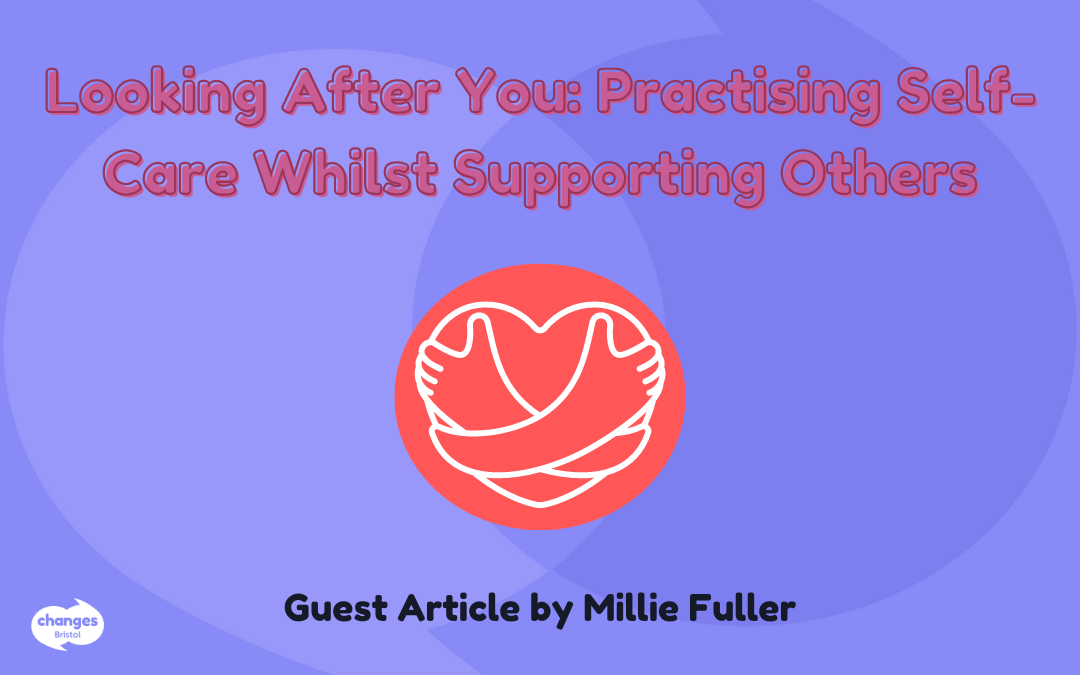In this article, we discuss ways in which you can try to restore some balance in the relationship you have with those you’re caring for.

Establishing Boundaries
Supporting independence
“Be realistic in terms of what you can achieve each day, and don’t be afraid to ask for help from others. “
Manage expectations
Rest
Support groups
“Support groups are a brilliant source for anyone struggling to cope with the pressures of caring for others, and if you don’t feel you have the time or energy to travel, there are also online support groups you could drop in on. “
Exercise
Ultimately, carers need to look after themselves first and foremost in order to be well equipped to care for someone else. As Helping Hands explains, “care work is immensely rewarding, but can also be stressful”. Engaging in some self-care is not selfish. It’s actually very beneficial to both you and the person you’re caring for.

